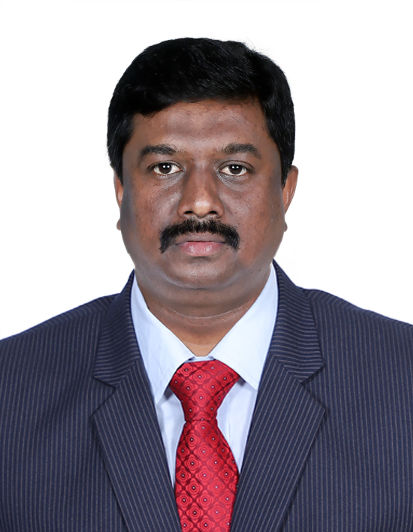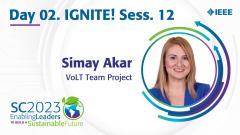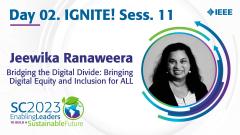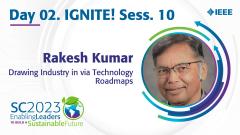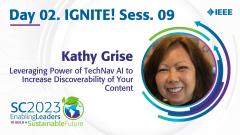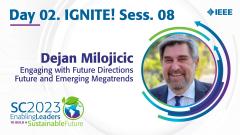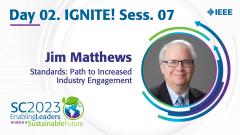Quantum Computing for Everyone
Quantum computing is a revolutionary field of computer science that involves the use of quantum mechanical phenomena to perform complex calculations. It is fundamentally different from traditional computing in that it operates on the principles of quantum mechanics, which govern the behavior of particles at the subatomic level. The basic unit of information in a classical computer is a bit, which can exist in one of two possible states, 0 or 1. However, in a quantum computer, the basic unit of information is a qubit, which can exist in both states simultaneously, a phenomenon known as superposition. Moreover, a qubit can also be entangled with other qubits, creating a state called quantum entanglement. This enables a quantum computer to perform certain calculations exponentially faster than even the most powerful classical computers. Quantum computing has numerous potential applications in fields such as cryptography, drug discovery, and materials science. For example, quantum computers could break many of the encryption methods currently used to secure data, presenting both a challenge and an opportunity for the development of new cryptographic methods that are resistant to quantum attacks. Quantum computers could also simulate the behavior of complex molecules, providing insights into the design of new drugs and materials. Despite its enormous potential, quantum computing is still in its infancy, with many technical and theoretical challenges remaining to be overcome. However, there are several companies and research institutions around the world working on developing practical quantum computers, and the field is likely to see rapid progress in the coming years. Exciting times lie ahead for this transformative technology, and its impact on society could be enormous.
Quantum computing is a revolutionary field of computer science that involves the use of quantum mechanical phenomena to perform complex calculations. It is fundamentally different from traditional computing in that it operates on the principles of quantum mechanics, which govern the behavior of particles at the subatomic level.
 Cart
Cart Create Account
Create Account Sign In
Sign In
